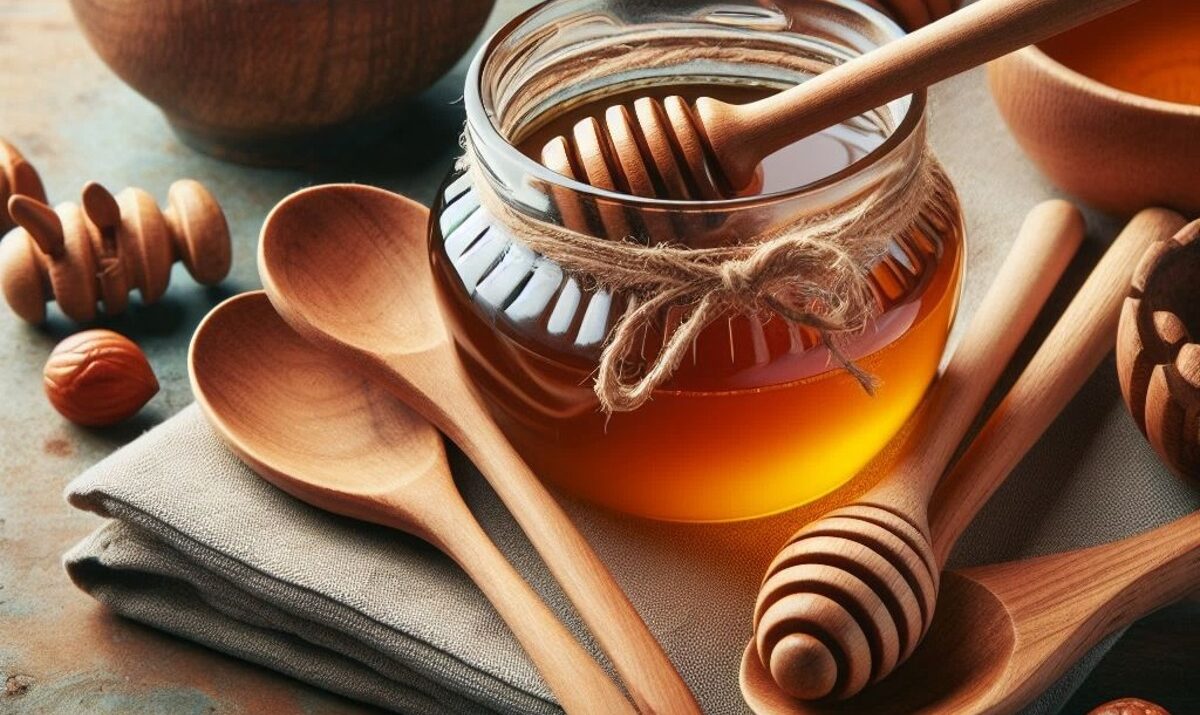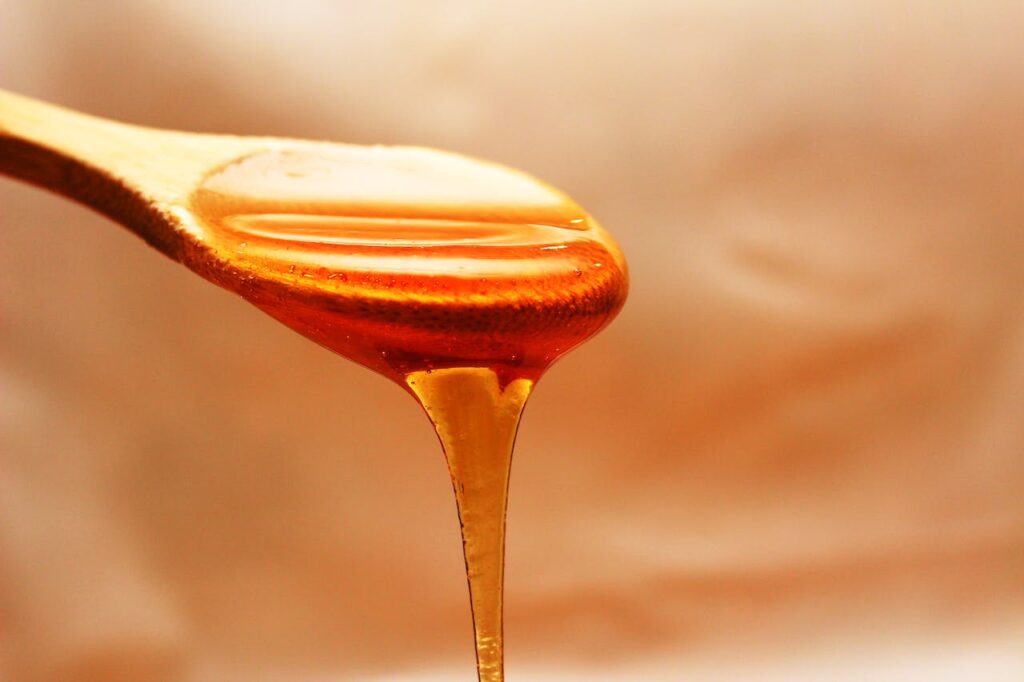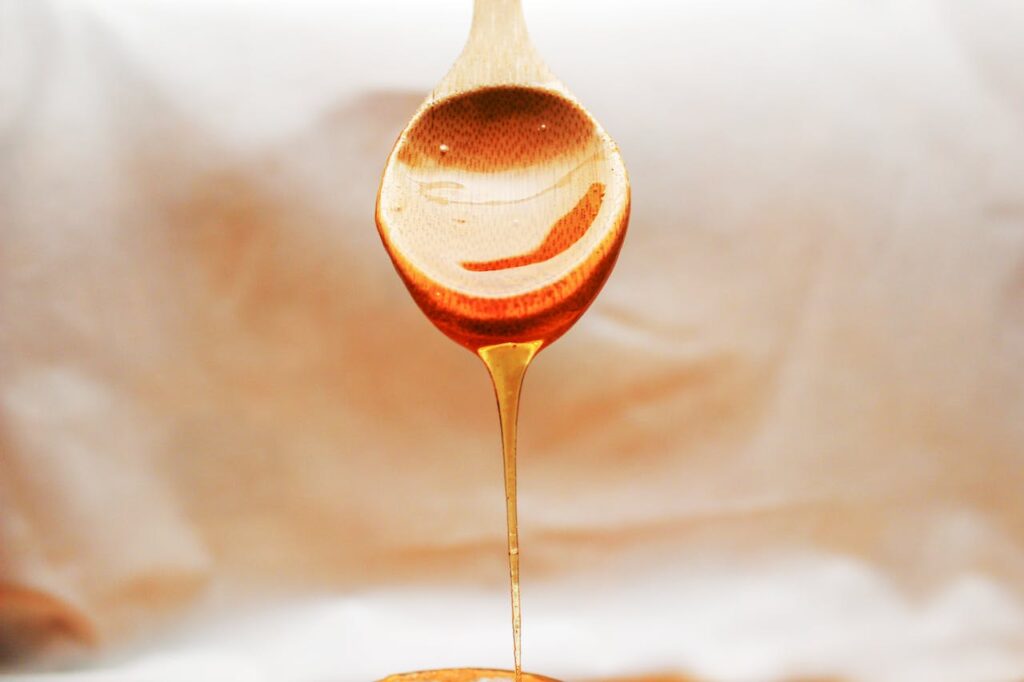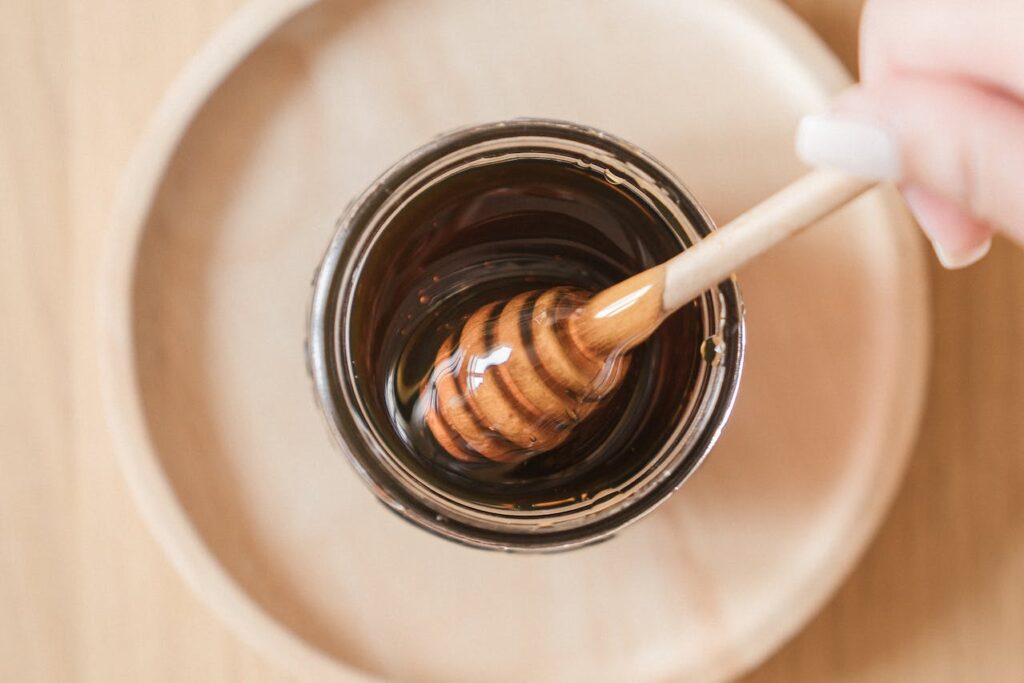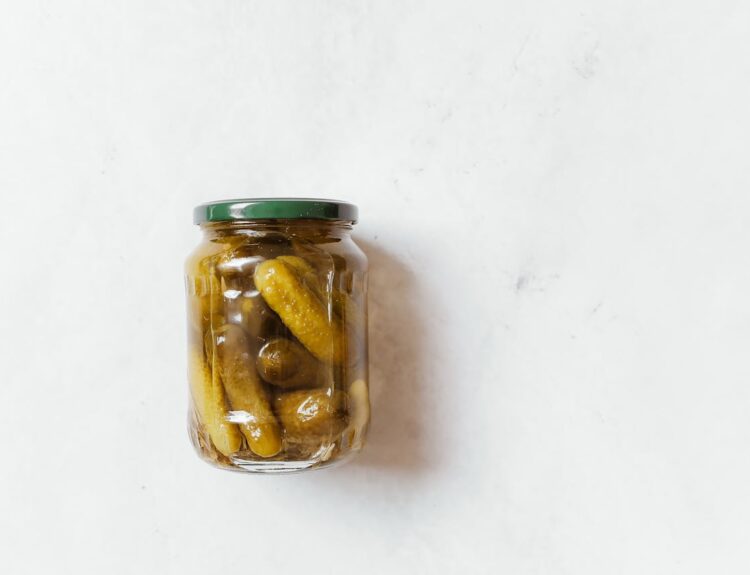Why do we use a wooden spoon for honey? This seemingly simple question unravels layers of rich tradition, cultural significance, and practicality. From its historical roots to its modern-day benefits, we unravel the secrets behind this timeless utensil. This article explores why the humble wooden spoon remains our indispensable companion.
Why do we use a wooden spoon for honey? Uncover the age-old tradition and practicality behind this beloved utensil.
In this article:
- Why Do We Use a Wooden Spoon for Honey: History and Tradition
- Savoring Sweet Rewards: The Benefits of Wooden Spoons for Honey
- Choosing the Right Utensil: Honey Dippers vs. Wooden Spoons
- Proper Cleaning and Storage of Wooden Spoons
WHY DO WE USE A WOODEN SPOON FOR HONEY: HISTORY AND TRADITION
In exploring the rich history and enduring tradition behind the use of wooden spoons for honey, we uncover a narrative woven deeply into cultures across the globe. For centuries, wooden spoons have been cherished utensils for honey consumption, revered for their practicality and the symbolism they carry.
This tradition’s heart lies in a profound connection to nature and the environment. Across diverse cultures, consuming honey with a wooden spoon holds deep-rooted symbolism.
In many societies, folklore and mythology intertwine the use of wooden spoons for honey. Ancient civilizations, like Greeks and Romans, held honey in high esteem, regarding it as a divine substance imbued with mystical properties. Wooden spoons are frequently featured in religious ceremonies and offerings, honoring deities associated with fertility, abundance, and healing.
Moreover, wooden spoons have been integral to cultural celebrations. During weddings and festivals, newlyweds are presented with wooden spoons adorned with intricate carvings, signifying wishes for a sweet and harmonious union.
The tradition of using wooden spoons for honey continues to endure, albeit with contemporary twists. Artisans and craftsmen worldwide celebrate the craftsmanship of wooden spoon-making, infusing each piece with unique designs and cultural motifs.
Food enthusiasts and eco-conscious consumers embrace wooden spoons as sustainable alternatives, aligning with a growing movement towards mindful consumption and environmental stewardship.
SAVORING SWEET REWARDS: THE BENEFITS OF WOODEN SPOONS FOR HONEY
Using a wooden spoon for honey offers numerous advantages that have been recognized and cherished for centuries.
Firstly, people often prefer wooden spoons for honey because of their natural properties. Unlike metal utensils, which can react with acidic foods, wooden spoons are non-reactive, ensuring that the taste and quality of honey remain unaltered. It is significant for honey, a delicate and nuanced substance prized for its unique flavors.
Moreover, wooden spoons are gentle on delicate honey. Their smooth, polished surfaces minimize agitation and preserve the texture and viscosity of honey, preventing unwanted crystallization or separation. This gentle handling ensures that honey retains its natural properties and remains enjoyable.
Additionally, wooden spoons are inherently sustainable and eco-friendly. Wooden spoons, crafted from renewable resources like responsibly managed forest wood, boast a reduced environmental impact compared to plastic or metal alternatives. Wooden utensils biodegrade naturally at the end of their lifespan, reducing waste and pollution.
Furthermore, the tactile experience of using a wooden spoon enhances the enjoyment of honey. The texture of wood adds a sensory dimension to the act of scooping and drizzling honey, elevating the culinary experience.
Experience the difference for yourself by switching to a wooden spoon today and savor the natural goodness of honey!
CHOOSING THE RIGHT UTENSIL: HONEY DIPPERS VS. WOODEN SPOONS
When it comes to enjoying honey or incorporating it into recipes, selecting the appropriate utensil can significantly enhance the experience. Two popular choices are honey dippers and wooden spoons, each offering unique advantages and characteristics.
Honey dippers, commonly crafted from wood or metal, are designed explicitly for serving honey. Featuring a spiral or grooved head, they excel at collecting and dispensing small amounts of honey with precision.
Consider the ICEYLI Honey Dipper for a convenient option. These honey dipper sticks are crafted from 100% natural wood, offering a solid structure and ensuring food-grade safety.
One of the primary advantages of using a honey dipper is its ability to contain drips, preventing honey from spilling down the side of the jar or container. This feature is particularly beneficial for maintaining cleanliness when serving honey at the table or during special events.
In contrast, wooden spoons offer versatility and functionality beyond honey serving. While lacking the specialized design of honey dippers, wooden spoons excel at scooping, stirring, and mixing honey into recipes. The smooth surface of a wooden spoon is gentle on delicate honey, preserving its texture and consistency.
For those looking to elevate their honey-drizzling ritual to new heights, consider the Honey Bamboo Spoon – the perfect choice for daily wellness rituals and maximum enjoyment!
Choosing between a honey dipper and a wooden spoon depends on individual preferences and intended use. Whether prioritizing precision or multi-purpose functionality, selecting the right utensil is essential for maximizing the enjoyment of honey in various settings.
PROPER CLEANING AND STORAGE OF WOODEN SPOONS
Properly cleaning and storing wooden spoons for honey is crucial for preserving their quality and prolonging their lifespan. Here are some tips to ensure your wooden spoons remain in top condition:
- Hand Wash: Avoid cleaning wooden spoons in the dishwasher, as the harsh detergent and high heat can damage the wood. Instead, wash them by hand. Use only mild soap and warm water immediately after use.
- Dry Thoroughly: Drying the wooden spoons with a towel is crucial to prevent moisture absorption, which may lead to warping or cracking of the wood.
- Oil Occasionally: To moisturize the wood and prevent drying out, occasionally apply a food-grade oil like mineral oil. Coconut or avocado oil also works. Rub a small amount of oil onto the spoon’s surface and let it absorb overnight before wiping off any excess.
- Store Properly: Store wooden spoons away from direct heat sources or sunlight. Also, avoid storing them in airtight containers or plastic bags because that can trap moisture and lead to mold growth.
Follow these simple steps and keep your wooden spoons for honey clean, hygienic, and in excellent condition for years!
_____
Why do we use a wooden spoon for honey? An answer to that question opens the door to a world of tradition, functionality, and reverence for nature’s sweetness. Through centuries-old practices and modern-day mindfulness, the wooden spoon continues to hold a special place in the hearts of honey lovers worldwide. So, grab the wooden spoon and savor every drop of honey, knowing that you’re part of a timeless tradition that connects us all.
This post may contain affiliate links. You can read the affiliate disclosure here.

